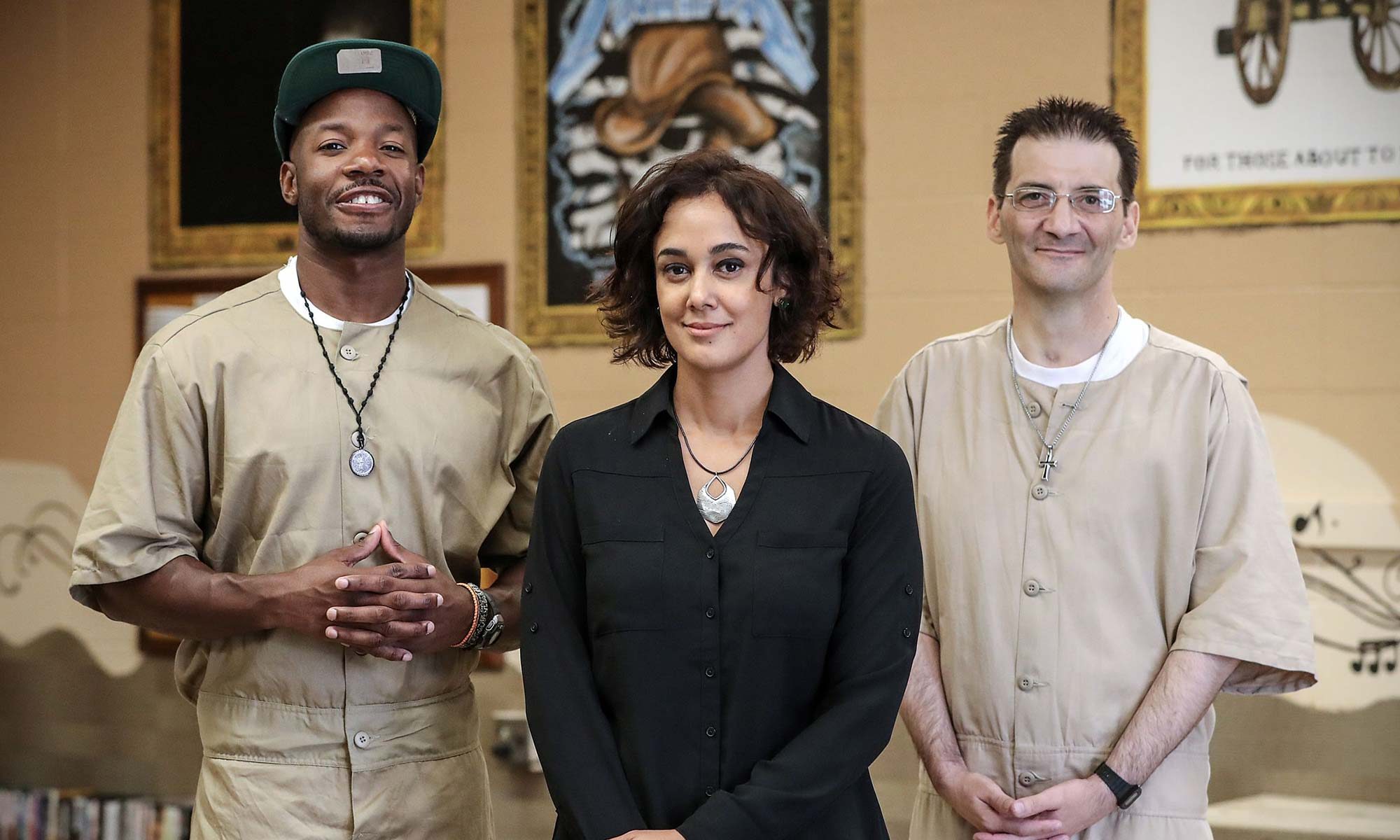Nobody warns you that empathy is an unraveling; that familiarity becomes untied when you’re no longer familiar to yourself – like when you arrive at a place where life gives new meaning. This happens to me each week in prison. I place my keys, purse, and book bag on a scanner for the first guard to search. I pass a second guard station. Then, I walk along a cold concrete floor where emotions are bare, where guard-inmate relationships are distant. I assume the felon position; arms outstretched and sign in with the purpose of my visit. Sounds of steel doors reverberate like a 12-guage shot gun. I settle in a classroom alone, locked in, waiting for eleven men to share their ideas, hopes, thoughts, dreams, and vulnerabilities with me. When I’m having a bad week one offers this advice, “While other people may be able to stop you temporarily, you’re the only one who can stop you permanently.” It’s true, and I use the advice through the week and it gets me through the next. They are at a crossroads in life but so am I.
My goal is to teach them how to write, so I make a list of prompts, but by the second class I find that I am the one learning too. “Scratch” means “money,” “wiped down” means “robbed,” “a dime” means “ten years.” And “The Slam” is the staple food of correctional institutions: Ramen, peanut butter, Flamin’ Hot Cheetos, and ranch dressing, and I learn how to connect papers by tearing off the ends to make a staple. I ask them to describe an everyday noise that drives them crazy. A favorite holiday. Amazed by the ease with which they open-up and their willingness to share secrets – I lose two students along the way to early release dates – and I feel the loss harder than I expected. And I wonder was there more I could have taught them?
The room has become a sacred space we created, a sense of home that moves us beyond the prison halls, away from our past and away from our troubles – into a place where only light grows.
